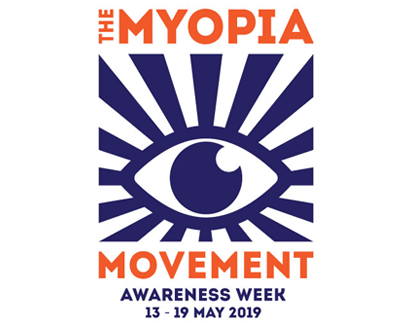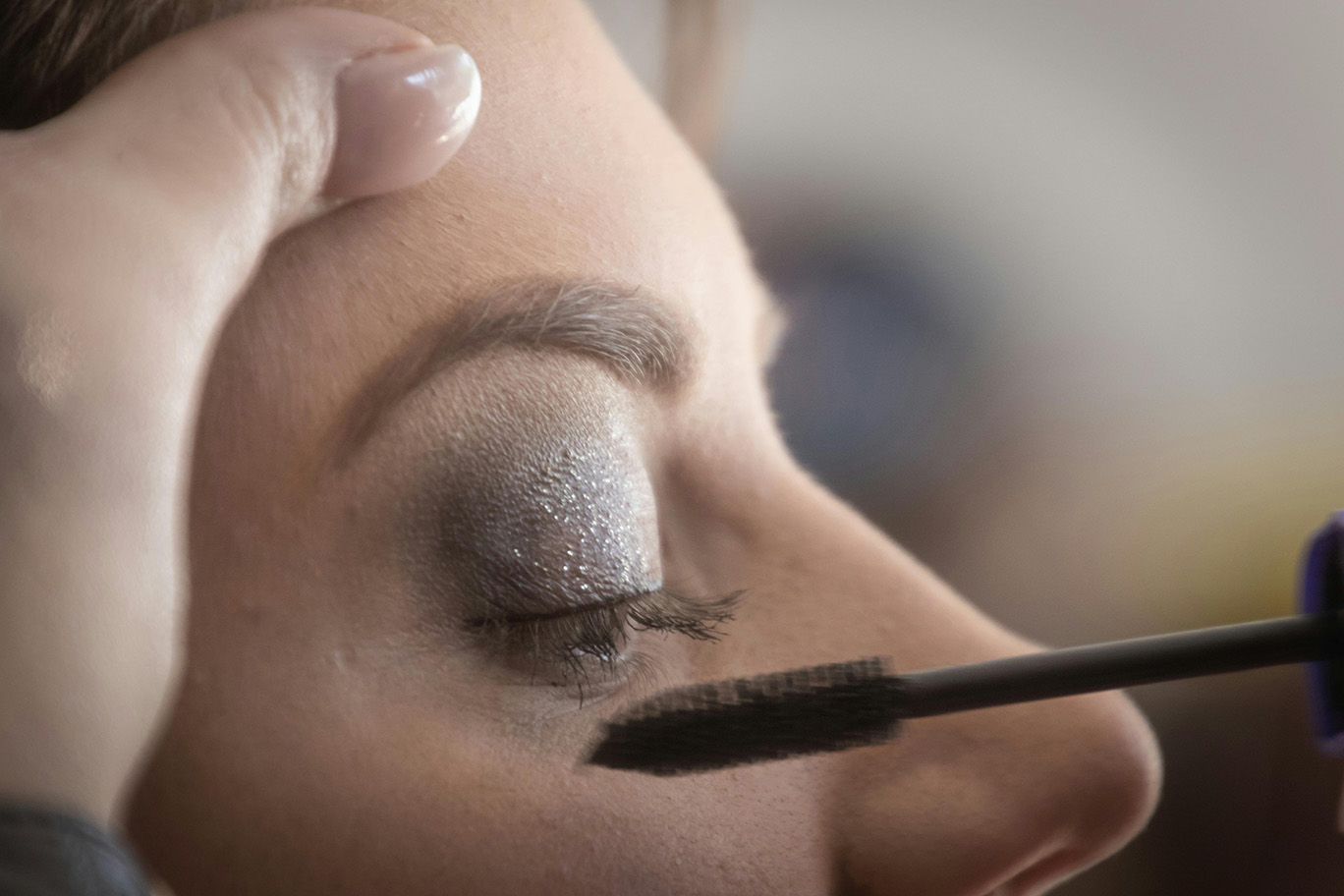Blog

Myopia Awareness Week – don’t be shortsighted about short-sight!!
Posted: Thursday 18th April 2019
Myopia, more commonly referred to in the UK as short-sightedness, is a globally increasing health issue. For various reasons the number of short-sighted people is rising– we know that almost half the world’s population will be myopic by the year 2050, with nearly one billion people in the high myopia category. Myopia Awareness Week is about getting people talking about myopia in homes and optometry practices around the world.
Many people who are short-sighted (myopic) don’t realise that it is not just an issue of not being able to see far distances clearly without glasses or contact lenses, but that being myopic increases the risks of eye conditions such as glaucoma, retinal detachments and macula disease. All of these conditions can cause irreversible sight loss. In China and some other countries where myopia is at epidemic levels, myopic eye disease is the highest cause of visual impairment and blindness in the elderly. For this reason research is being carried out world-wide to try and find ways to reduce both the number of children who become short-sighted and the level of short-sight that they reach. This is because the higher the glasses prescription, the higher the risk of these diseases developing in later life. This research has already brought us treatments such as Misight and Naturalvue contact lenses in the UK, and outside of the UK specialist eye drops are often used. A study at Aston University in Biringham is looking at the effects of these eyedrops on a Caucasian population, as up until now they have mostly been used with Asian children who are more at risk of higher levels of short-sight.
Here are some facts about myopia:
• Nearly one in five teenagers in the UK are myopic.
• The prevalence of myopia in the UK has almost doubled since the 1960’s
• In South Korea, 96.5% of 19 year old males are myopic.
• Myopia is most likely to occur between six and 13 years of age.
• Children with one myopic parent are almost three times more likely to be myopic by age 13 than a child without a myopic parent. This increases to over seven times more likely when both parents are myopes.
• Children are becoming myopic at a younger age in the UK than in Australia.
However, the good news is that we know that spending time outdoors can delay the onset of myopia. Two hours a day is a good amount of time to aim for. If your child is already myopic, then discuss with your optometrist what options are available to try and slow down their rate of progression. In the UK, this may be specialist contact lenses or glasses lenses. For some years Rawlings Opticians have been a UK leader in Myopia Management, being among the first in the country to have access to the specialist contact lenses available. For further information, look at our website or contact us at your local branch of Rawlings Opticians.
< Back




